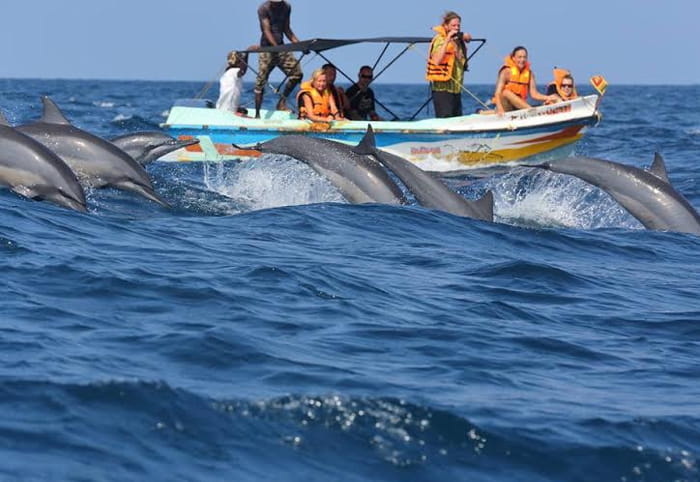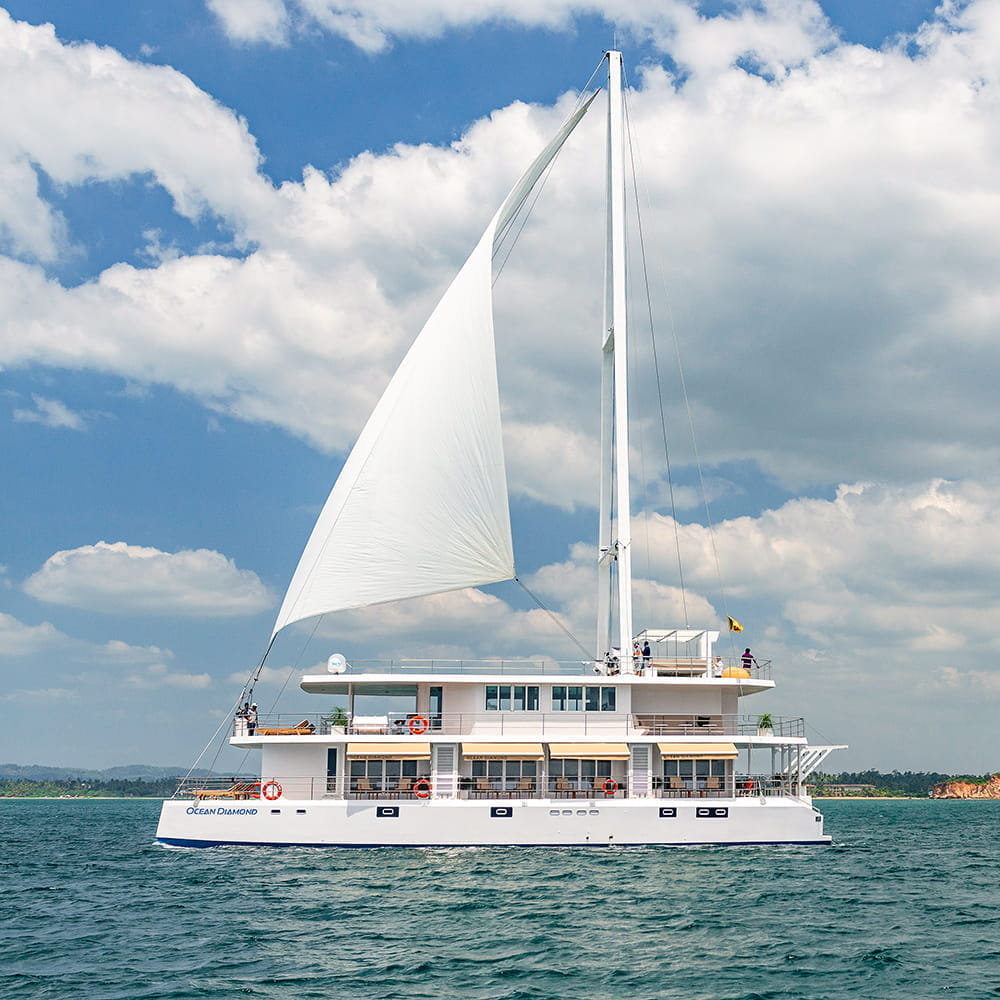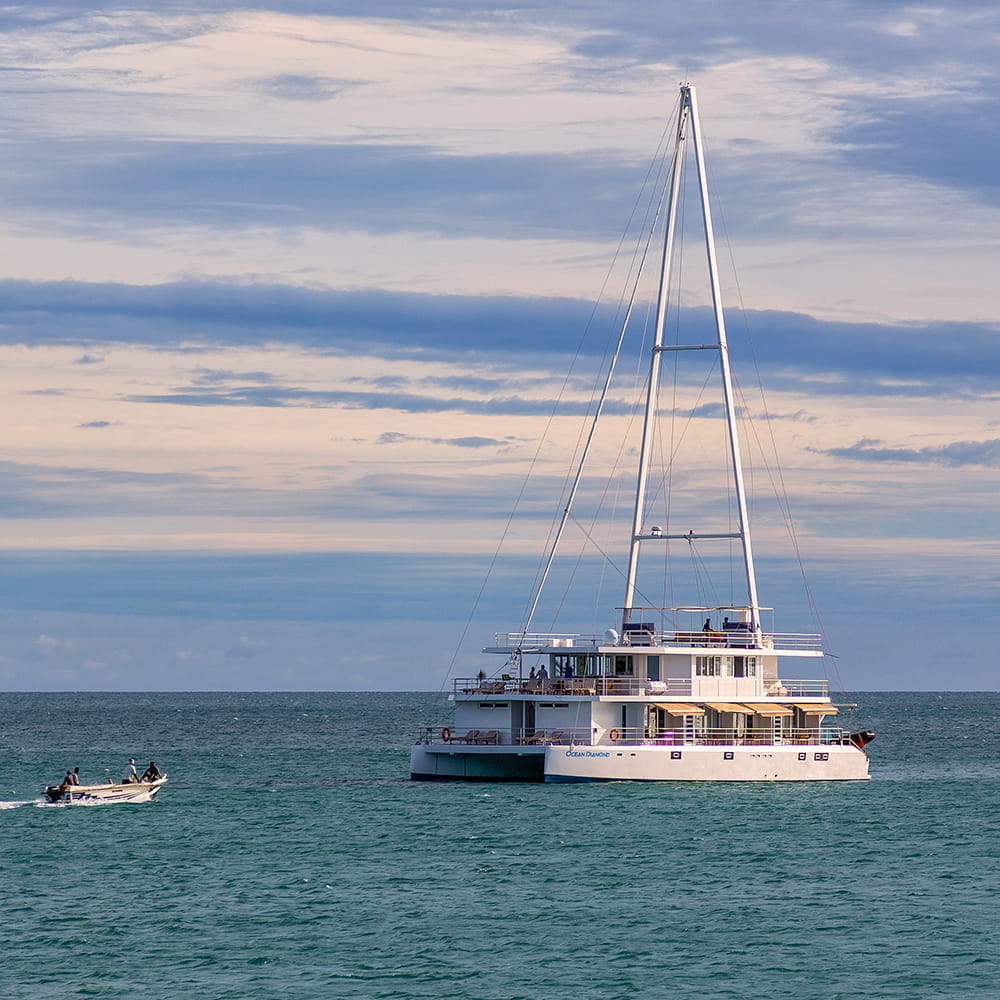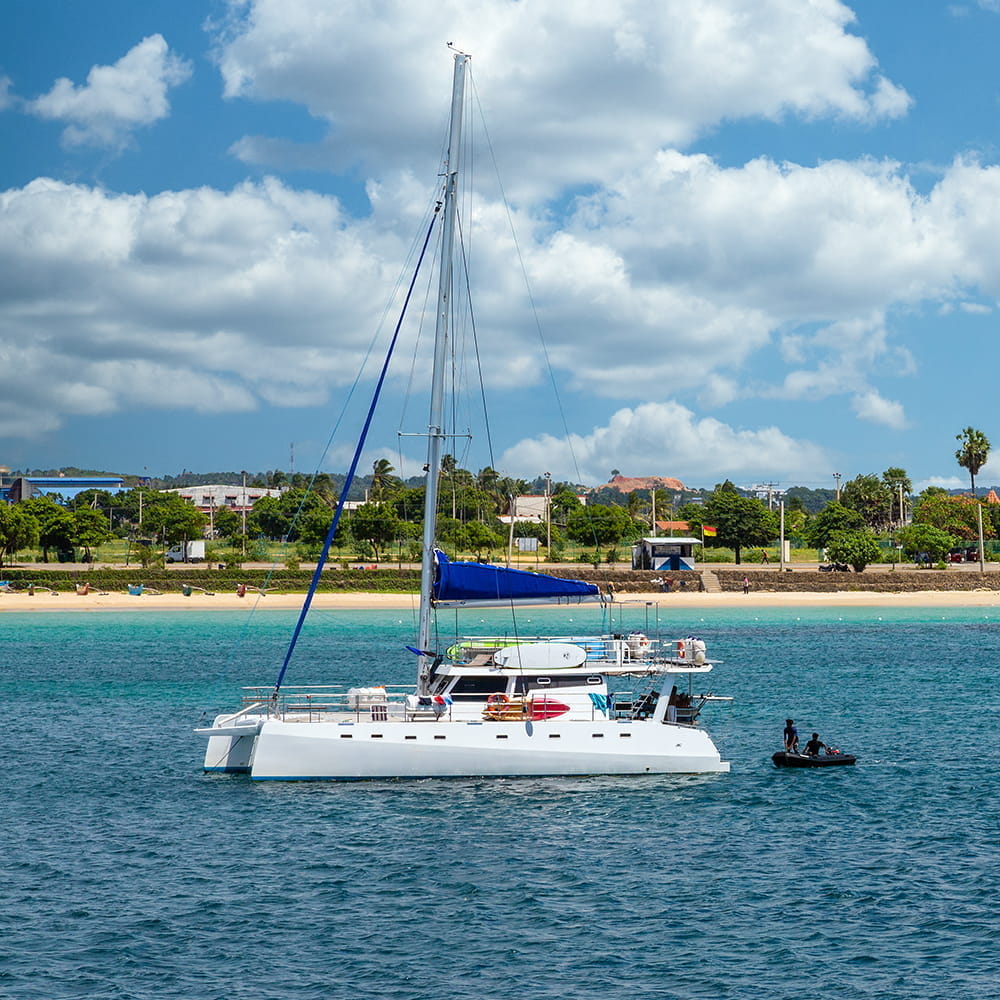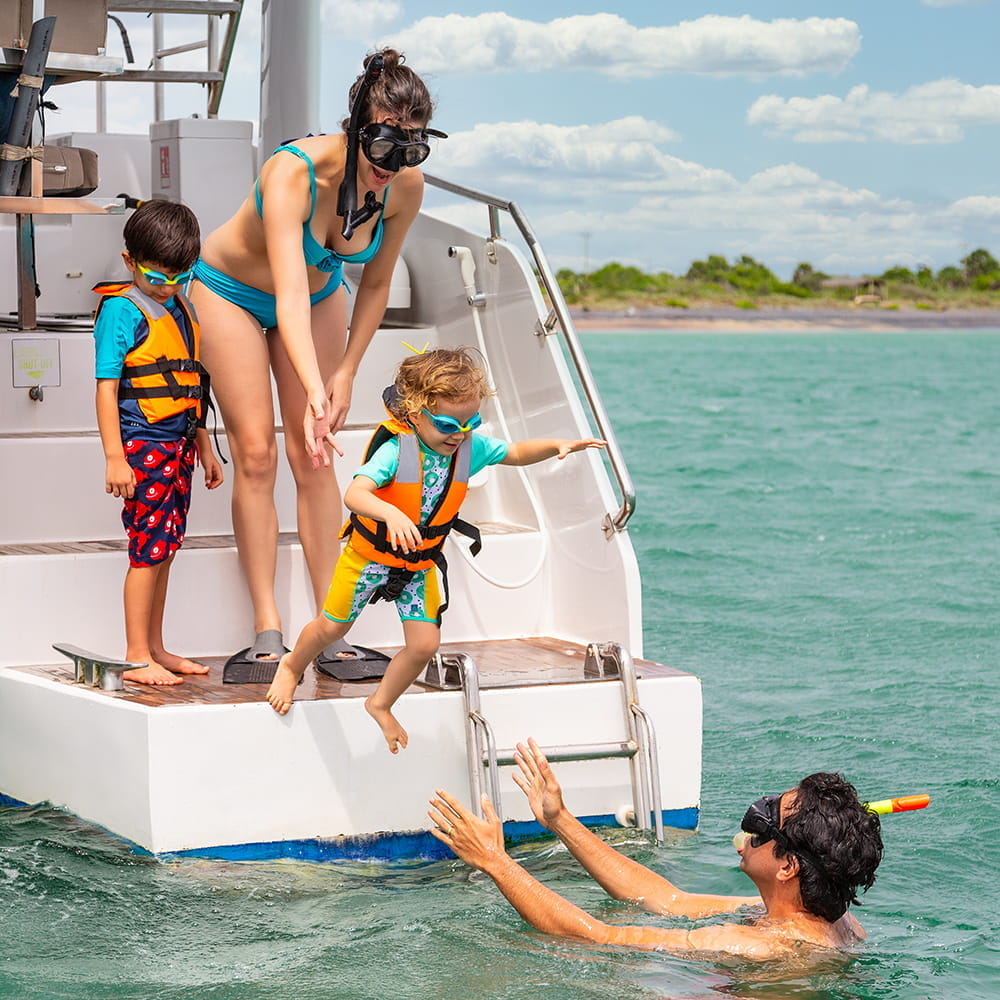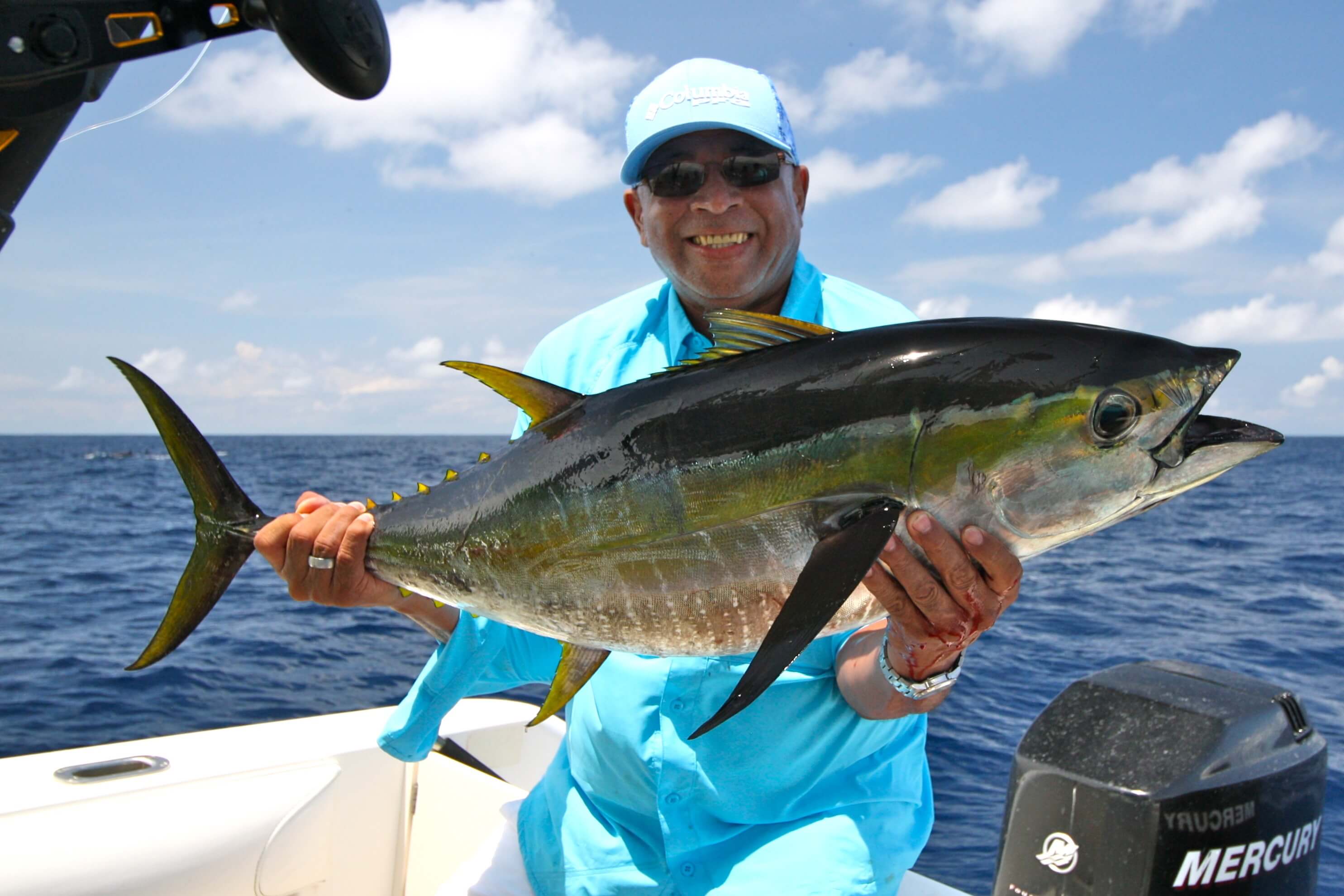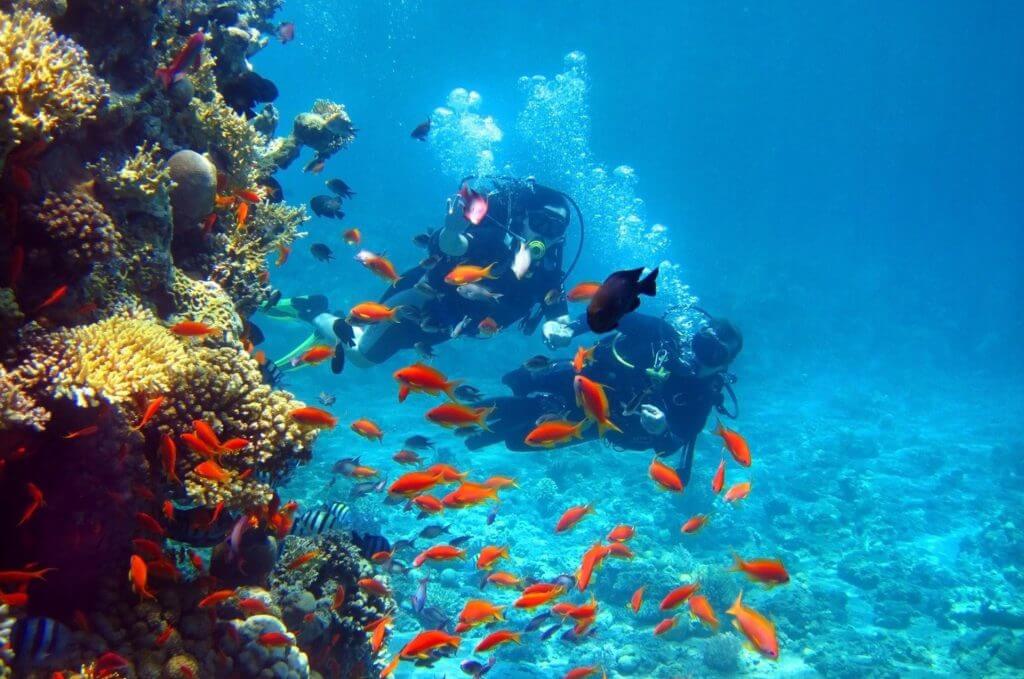Trincomalee
Trincomalee Hotels & Trincomalee District Travel Guide
Welcome to hotelexpress.lk
Let’s see what we can do in Trincomalee. Trincomalee is a major city in Eastern Province. Trincomalee offers a variety of facilities to people, such as Trincomalee Hospital, Library, Railway Station, and Public bus stand. Trincomalee postal code is 31000.
Trincomalee offers a range of Trincomalee Beach hotels, Trincomalee cabanas, and accommodation options, from budget-friendly guesthouses to luxurious resorts. You can book Trincomalee hotels from hotelexpress.lk, and also check out Trincomalee tours. So let’s continue, best tour guide.
Trincomalee Weather.
The Trincomalee district of Sri Lanka generally experiences warm Trincomalee temperatures throughout the year, with minimums ranging from 20 degrees Celsius to 30 degrees Celsius. There are clear skies and plenty of sunshine. Winds are strongest during the monsoon season, from May to September for the southwest monsoon and from December to February for the northeast monsoon. The evenings are mild due to the influence of coastal winds.
The way from COLOMBO to TRINCOMALEE.
-
The bus journey from Colombo to Trincomalee takes 6 to 7 hours and is the most affordable option. Although the journey can be tiring, it is popular with budget travelers.
-
Trains depart from Colombo Fort Railway Station to Trincomalee about five times a day, and the train journey takes about 8 hours.
-
Traveling by car or taxi takes about 4 hours.
Places to visit in TRINCOMALEE.
There are many historical, Trincomalee beach, and scenic attractions for tourists to see in Trincomalee. Let’s see what there is to see in Trincomalee.
-
Trincomalee Pigeon Island.
Pigeon Island, a top tourist destination in the Trincomalee district of Sri Lanka, is one of the most popular places to visit. It is home to colorful fish, turtles, and even small reef sharks. Located about 2.5 kilometers from the coast of Trincomalee, this island can only be accessed by boat. Pigeon Island also offers snorkeling. You also need to buy a ticket to enter. It will cost 3000 or 4000. Going there is a perfect day trip from Trincomalee.
-
Whale Watching.
The whale watching season on the east coast of Trincomalee technically starts in May and ends at the end of October. However, the best time to go whale watching is from June to August. This is a once-in-a-lifetime experience and a very exciting one. Whale watching trips in Trincomalee take approximately 2 to 4 hours and usually start in the early morning. What makes it special is that it is one of the only places in the world where you can swim with whales.
-
Fort Fedrick.
Frederick Fort, located in Trincomalee, Sri Lanka, is a place that is hundreds of years old. Frederick Fort is a popular tourist attraction to relax on a hot summer day. There are several temples (Koneswaram Kovil) that can be visited in this fort. There are also many vendors on both sides of the fort. There are also several popular restaurants.
-
Sri Thiru Koneshwaram Kovil.
Koneshwaram Kovil is located in the Frederick Fort. The main attraction of this fort is the entrance to the Kovil. This kovil, which is one of the most sacred places in Sri Lanka, is very beautiful and very well maintained. Hindu priests or pujaris also conduct religious rituals daily. Various works of art and statues are built inside the Koneshwar Kovil. Monkeys often live near this Kovil. A strange thing happens in this temple. That is, after completing their religious rituals, the pilgrims offer the fruits from their fruit baskets to other pilgrims.
-
Gokanna Raja Maha Viharaya.
Gokanna Raja Maha Viharaya is located in the Trincomalee district. This temple is located near Frederick Fort. You have to climb several steps to reach a large viewing platform at the foot of the tall white Buddha statue. The view of Trincomalee and the Uppeweli beach is very beautiful from this temple.
-
Salli Muthumariamunam Kovil.
The Salli Muththumariamunam Kovil is located on the seashore, north of Uppuveli beach. The kovil is quite old, and many tourists come here because of its charm. All the fishing boats are stored in a small area near the kovil. This Salli Muththumariamunam Kovil is located in a very peaceful environment.
-
Marble Beach.
Marble Beach is located about 30 minutes from Trincomalee. Marble Beach is located within the Sri Lanka Air Force grounds. The water here is blue and very clear. The waves are very calm, and the sand on the beach is very soft, white sand. Marble Beach has a separate area for free sunbathing and free swimming.
-
Diamond Hill.
Diamond Hill is located in the Trincomalee district. Another special feature is that it is located near Mabel Beach. Many people miss this hill because they go swimming at Marble Beach. It takes about an hour to climb this hill, and it is known as a mountain that can be climbed without much effort. If you are going to Marble Beach, make sure to climb Diamond Hill.
-
Scuba Diving.
There are some great places to scuba dive around Trincomalee. You need to go scuba diving on a dive boat. Although it is possible to scuba dive off the Galle coast, tourists prefer to scuba dive off the Trincomalee coast. One reason for this is that the Trincomalee coast is cheaper than the southern coast. The best time to scuba dive around Trincomalee is from April to September.
-
Nilaweli Beach.
Nilaveli Beach is located in the town of Nilaveli, Trincomalee district. Trincomalee Campus is also located in this area. Nilaveli Beach is known as a very calm beach. It takes a very short boat ride from Nilaveli Beach to Paravi Island. Many tourists come to Nilaveli Beach to relax and enjoy the best restaurants in Trincomalee. Many people also come here to watch the sunrise and sunset. Nilaveli Beach is known as a must-see place.
-
Snorkeling at Red Rocks.
Snorkeling at Red Rocks is one of the must-do experiences of a lifetime. The Red Rocks are a series of rocks located at the northern end of the Nilaveli beach. There is an excellent snorkeling spot around these Red Rocks. This snorkeling spot is home to a variety of aquatic life, including fish and lobsters. It is known as a calm area for snorkeling.
-
Maritime and Naval History Museum.
The Maritime and Naval History Museum in Trincomalee is a must-visit place to learn about maritime history and cultural heritage. This museum was originally used as the home of the Dutch Naval Commissioner. It houses a large collection of artifacts such as old naval equipment, weapons, relics, and wrecks. It is open from 8:30 AM to 4:30 PM and is closed on Tuesdays.
Trincomalee tourist places.
-
Beaches and Lagoons:
Public Beach Trincumalee, Trincomalee Town Beach, Salli Beach, Uppuveli Beach, Trincomalee Lagoon, Green Bay Beach, Elephant Point Beach, Marble Beach, Tambalagam Bay, Nilaveli Beach, Kuchchaveli Beach, Ilankaithurai Beach, Arisimalee Beach, Sampoor Beach, Kinniya Beach, Coral Island Trincomalee, Jungle Beach Trincomalee
-
Hiking places:
Diamond Hill
-
Trincomalee Harbour:
Inner Harbour Trincomalee
-
Historical Places:
Sri Thiru Koneshwaram Kovil, Sri Badrakali Amman Temple, Rawana Abyss, Andamkulam, Velgam Vehera Buddhist Temple, Sri Lakshmi Narayana Perumal, Villuntri Kandaswamy Temple, Velgam Vehera Archeological Site, Sembimale Chethiyagiri Purana Raja Maha Viharaya, Aradana Seya Temple, Lankapatuna Samudragiri Viharaya, Pashana Babbatha Rajamaha Viharaya, Weligam Vehera Maha Seya, Rideekanda Raja Maha Viharaya, Mihindu Lena Viharaya, Kandasami Malai, St. Mary’s Cathedral
-
Natural Park and Sanctuary:
Orr’s Hill Inner Harbor Park, Pigeon Island Marine National Park, Naval Headworks Sanctuary
-
Lake:
Sinnakarachchi Lake, Kurangupaanchan Lake, Maha Divul Wewa, Periyakulam Lake, Mora Wewa
-
Museum:
Army Museum Orrs Hill, Maritime and Naval History Museum, Naval Museum
-
Leisure:
Whale Watching, Scuba Diving, Snorkeling
-
Others:
Lovers Leap, Fort Frederick, Trincomalee War Cemetery, Bambaragala Cave Monastery, Rathugala (Red Rock), Sampoor Lighthouse, Kinniya Hot Springs, Kinniya Bridge, Coral Island Trincomalee
Cities in the Trincomalee District.
-
Kinniya
-
Seruwila
-
Kuchchaweli
-
Kantale
-
Thambalagamuwa
-
Verugal
-
Trincomalee
-
Padavisripura
-
Gomarankadawala
-
Muthur
Kinniya
Located in Kinya town in the Trincomalee district of the Eastern Province. It is famous as a coastal town. The main livelihoods of the people living here are fishing, agriculture, and self-employment. Also, tourists come here because of the hot water wells.
Seruwawila
Seruwawila is a sacred town in the Eastern Province of Sri Lanka. Seruwawila is famous for a historical stupa, a lagoon, and a wildlife sanctuary. There is no shortage of tourists because of these places.
Kanthale
Kantale town is located in the Trincomalee district of Sri Lanka. Kantale town is famous for Curd. It is known for its ancient irrigation systems and historical significance, namely, ancient ruins and artifacts. The Kantale Lake adds beauty and value to the town.
Muthur
Muttur is a town on the eastern coast of the Trincomalee district of Sri Lanka. It has a warm climate. Muttur is a mix of Buddhist, Hindu, Muslim, and Christian communities. Their main livelihood is fisheries. Tourists come because of the beautiful beaches and lagoons.
Are you ready to visit the Trincomalee District ?
Although there are several things to do in the Trincomalee District, your involvement in such activities during your visit to the Trincomalee District will surely become an unforgettable experience for a lifetime.
